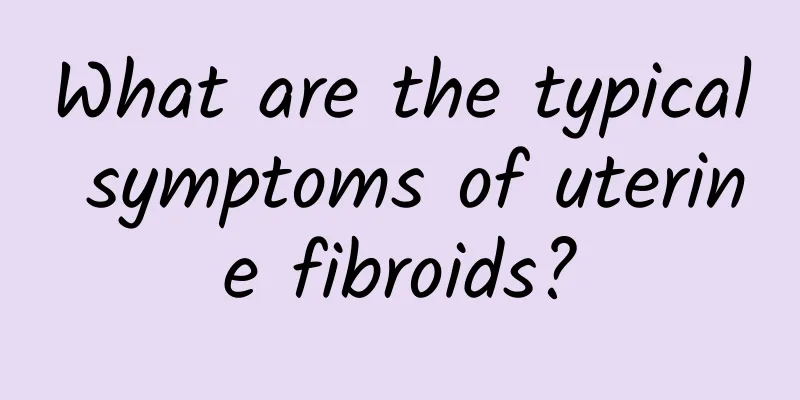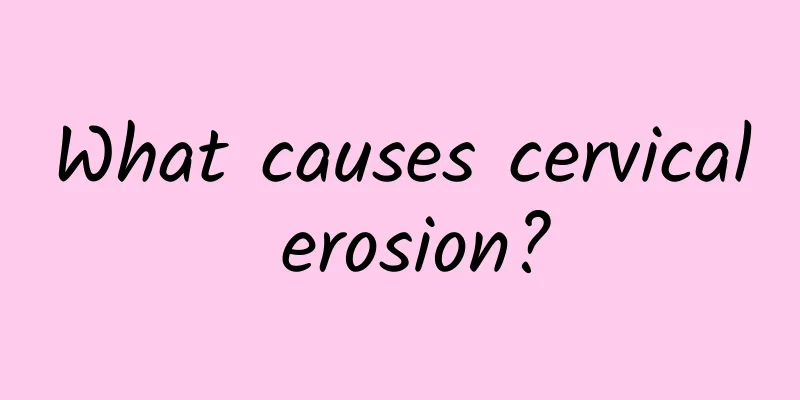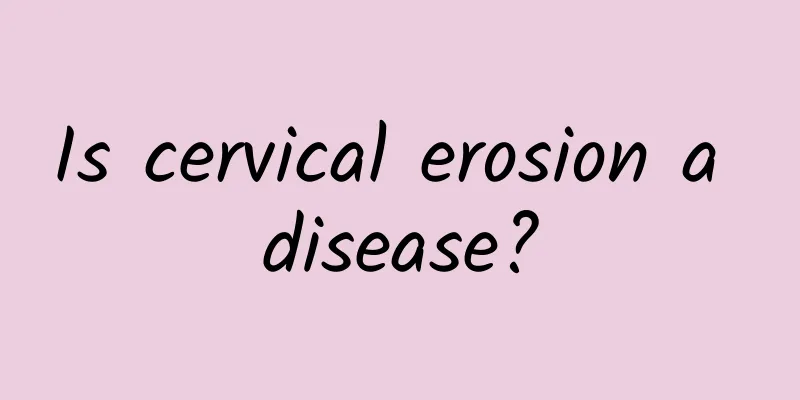What should I do if my period hasn’t come for more than three months at the age of 42?

|
What should I do if my period hasn’t come for more than three months at the age of 42? A 42-year-old woman who has had menstruation for more than three months may be suffering from physiological amenorrhea, or it may be related to endocrine disorders and premature ovarian failure. Generally, it requires daily conditioning, medication or surgical treatment. The medication needs to be based on the doctor's advice. 1. Physiological amenorrhea: If you often stay up late, smoke, drink alcohol, are overly tired, or diet excessively in your daily life, it may affect your body's functions, disrupt your body's balance, and lead to abnormal menstrual cycles. You need to correct your unhealthy lifestyle, maintain regular work and rest, quit smoking and drinking, combine work and rest, and increase your nutritional intake. 2. Endocrine disorders: It may be related to multiple reasons such as excessive or insufficient hormone production. It is also related to physiological factors, influencing factors, environmental factors and emotional factors. It is easy to cause symptoms such as decreased endocrine function, irregular menstruation, dysmenorrhea, and in severe cases may lead to infertility. Methylprednisolone tablets or Zhenyuan tablets can be used for treatment under the guidance of a doctor. 3. Premature ovarian failure: The etiology is complex and may be related to autoimmune diseases, chromosomal abnormalities, genetic diseases, iatrogenic injuries, viral infections, etc. The main manifestations are abnormal menstruation, such as sparse, frequent menstruation or amenorrhea. Estrogen or progesterone can be used for treatment under the guidance of a doctor, such as nialestradiol tablets and progesterone capsules. It may also be related to factors such as polycystic ovary syndrome, and you need to go to a professional hospital for examination and then symptomatic treatment. During the treatment process, you need to eat more nutritious foods. |
<<: Knowledge on the treatment of uterine fibroids
>>: What harm can submucosal uterine fibroids cause?
Recommend
What are the examination items for bacterial vaginosis?
Although bacterial vaginosis is a common gynecolo...
What are the key points of diet after uterine fibroid surgery?
What are the key points of diet after uterine fib...
What medicine can amenorrhea
Amenorrhea is a problem that many women struggle ...
What are the effects of uterine fibroids on menstruation?
When the size of fibroids growing under the uteri...
What are the clinical manifestations of recurrent spontaneous abortion and what are the causes of recurrent spontaneous abortion?
For pregnant women, frequent and recurrent miscar...
Common symptoms of uterine fibroids in daily life
Uterine fibroids are a serious gynecological dise...
What is uterine prolapse? How to avoid complications of uterine prolapse
How to avoid complications of uterine prolapse? W...
Early symptoms of cervicitis
Cervicitis is a very common disease in life, and ...
What are the symptoms of chronic pelvic floor disease?
Chronic pelvic inflammatory disease is a common d...
1 cup of bubble tea 550 calories consumed by 3 hours of brisk walking
During the summer vacation, students have an unco...
What are the causes of recurrent miscarriage? It may be caused by these 6 reasons
In fact, many women suffer from recurrent miscarr...
When taking photos, your double chin appears, making you look fat and old! 7 tips to get rid of double chin by pouting and making faces
The angle when taking the photo was not good, whi...
How big is a physiological ovarian cyst?
How big is a physiological ovarian cyst? Physiolo...
What are the most common early symptoms of ectopic pregnancy?
Among the many gynecological diseases of women, e...
Women with cervical erosion should not blindly use medication
Cervical erosion is common in daily life, but mos...









